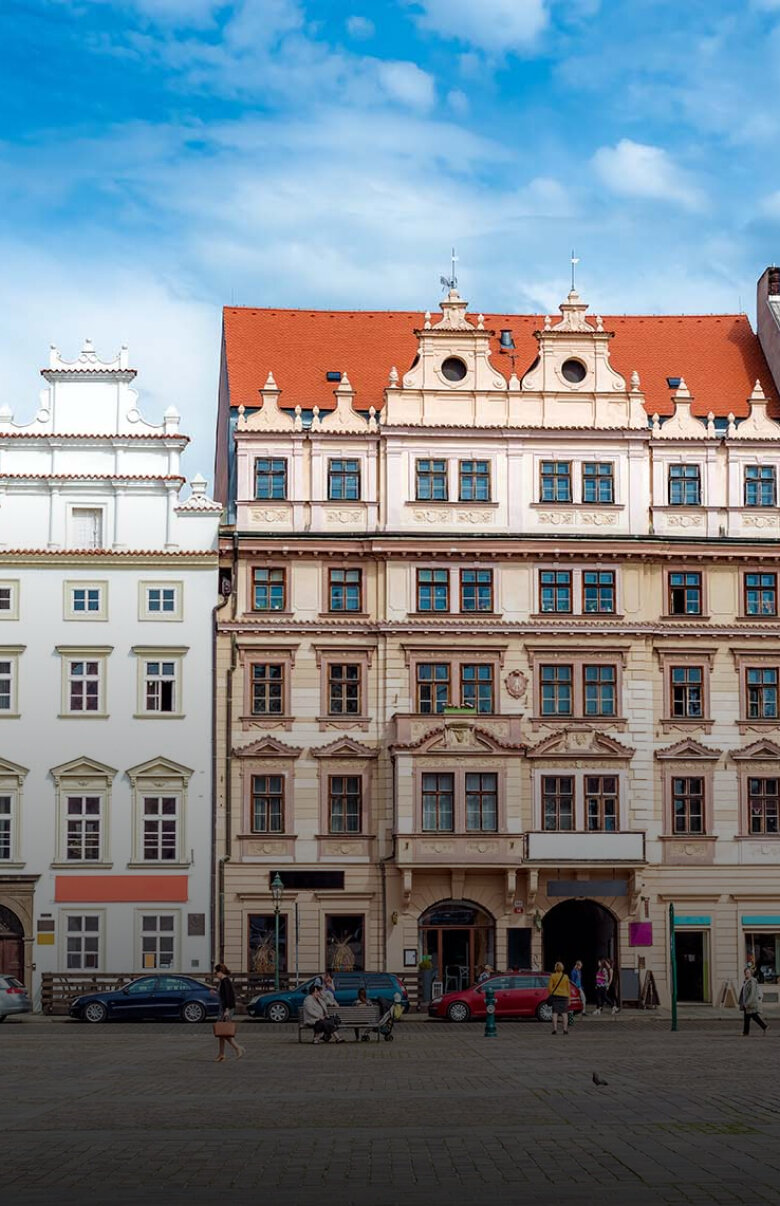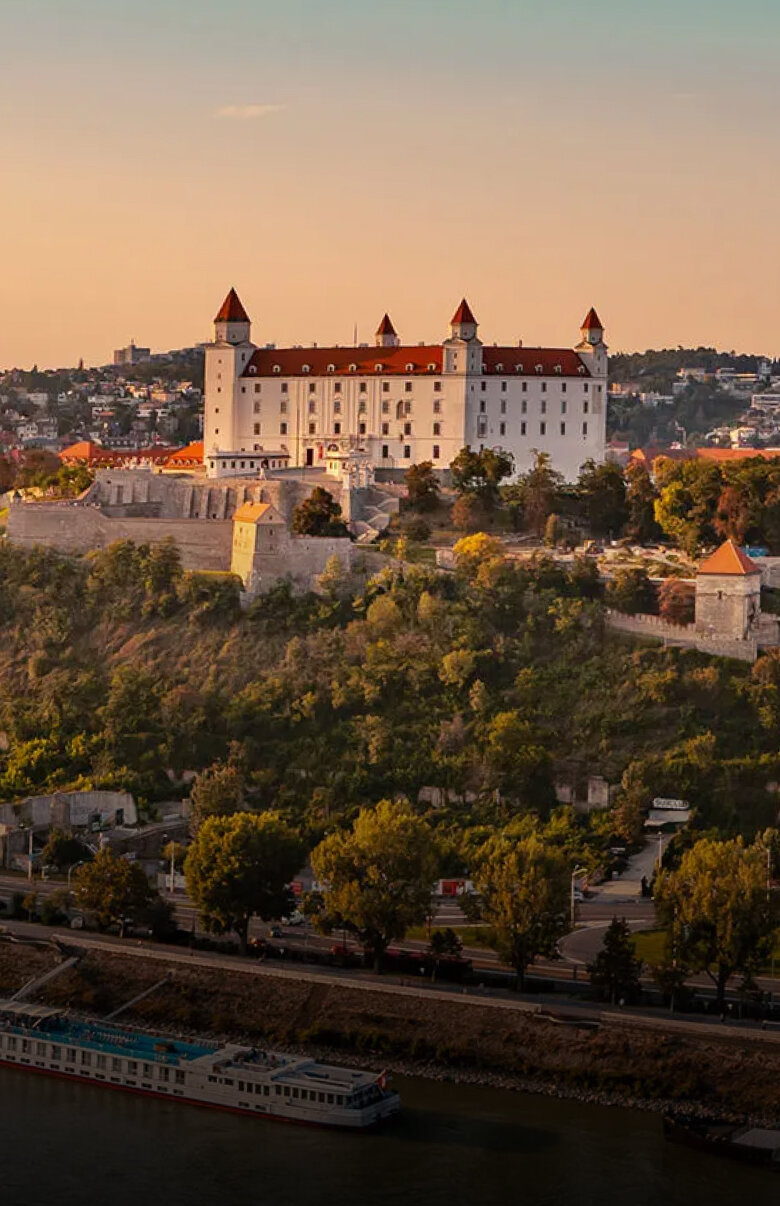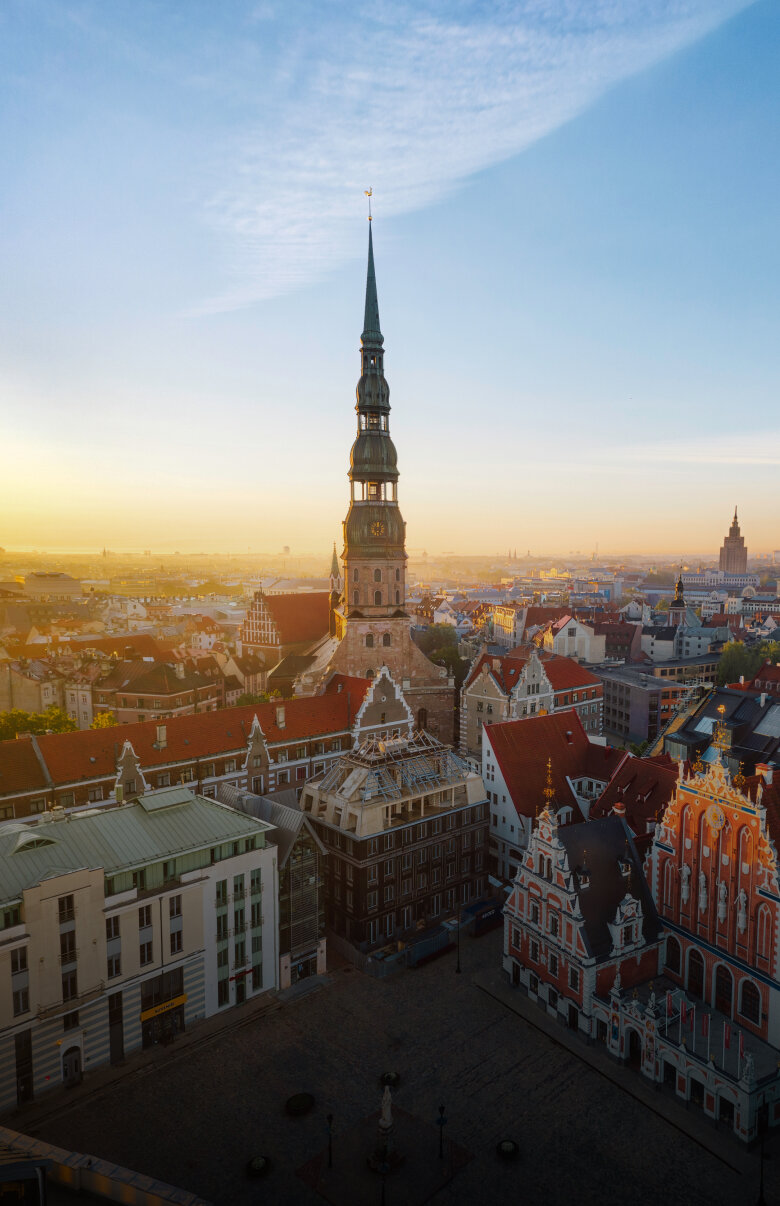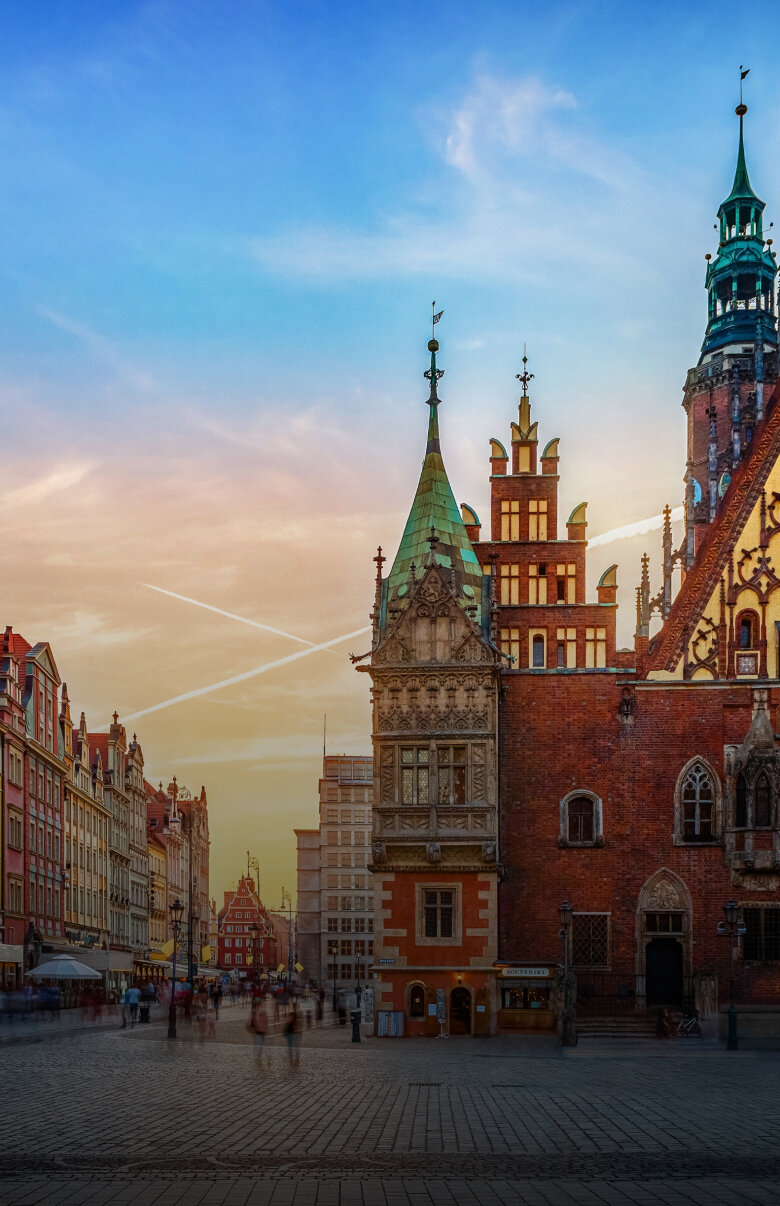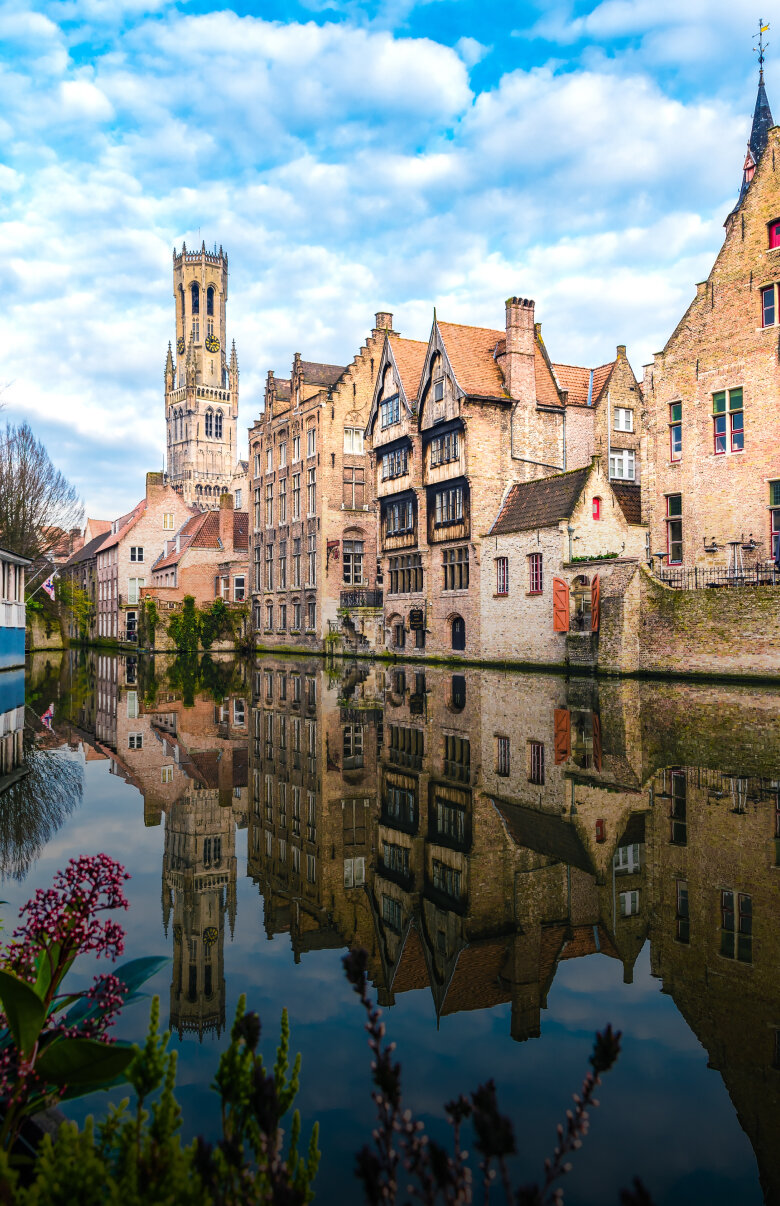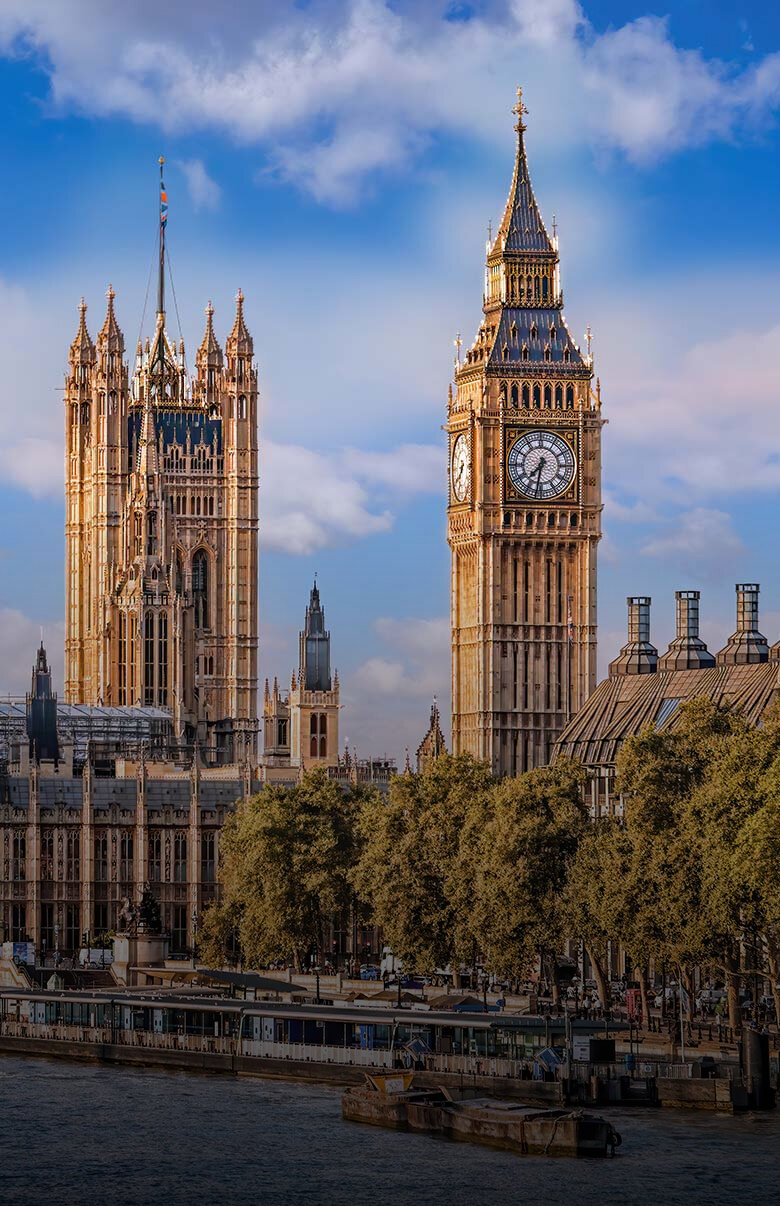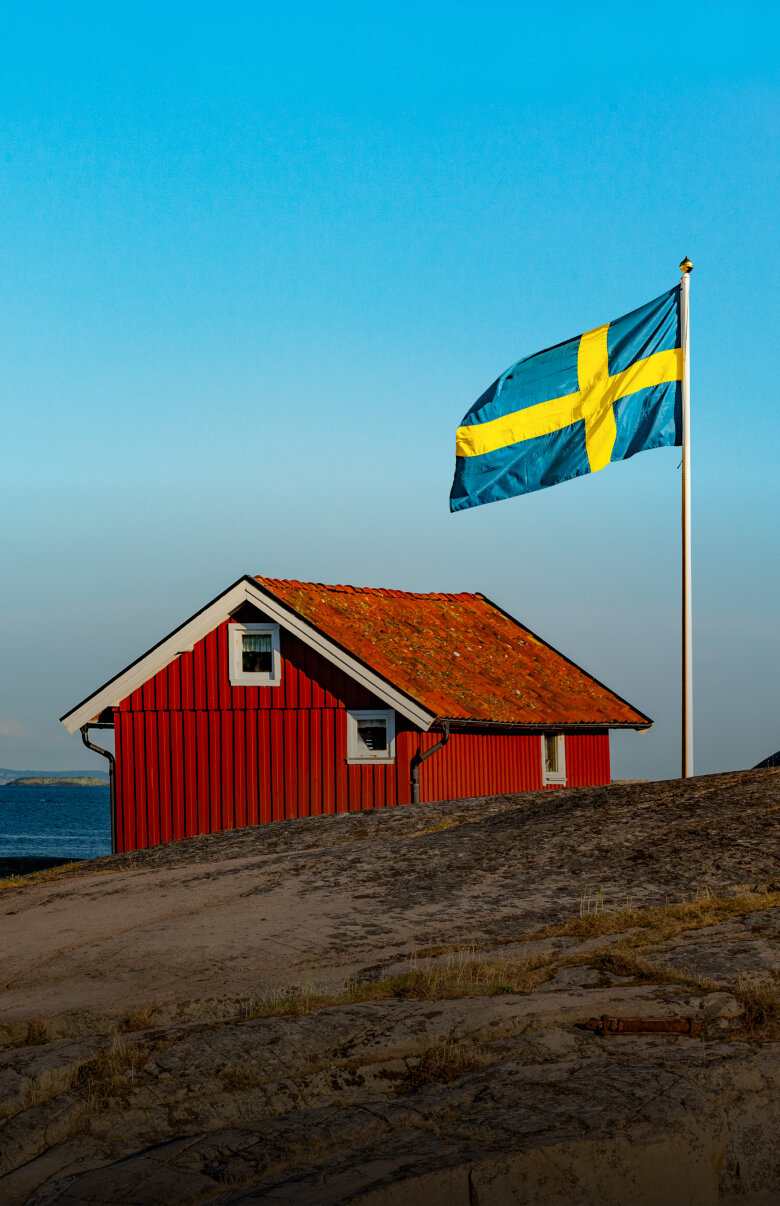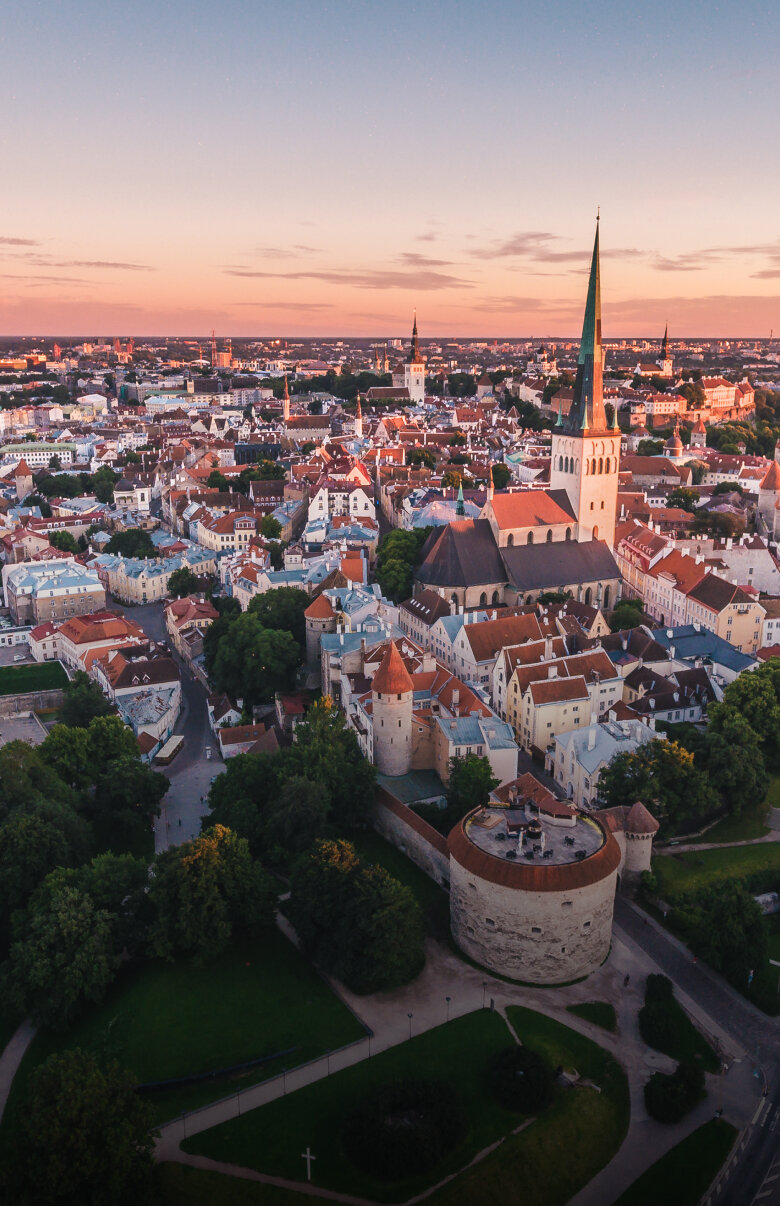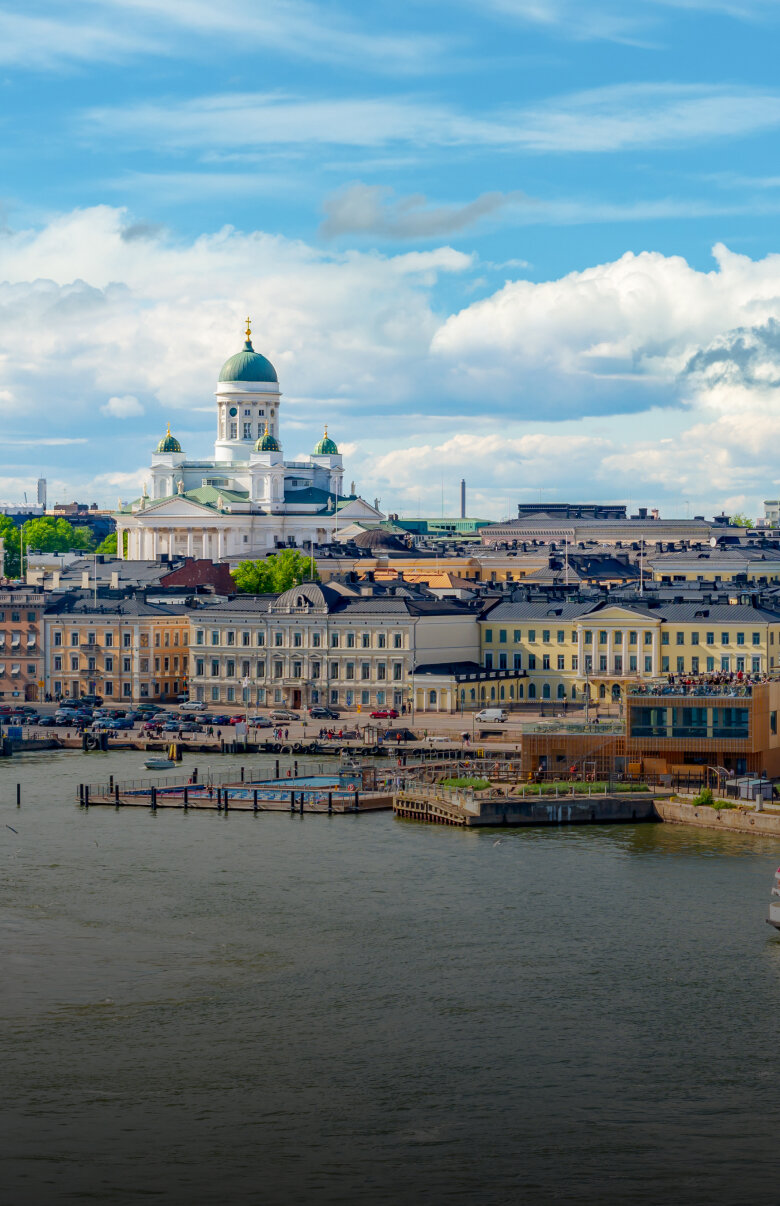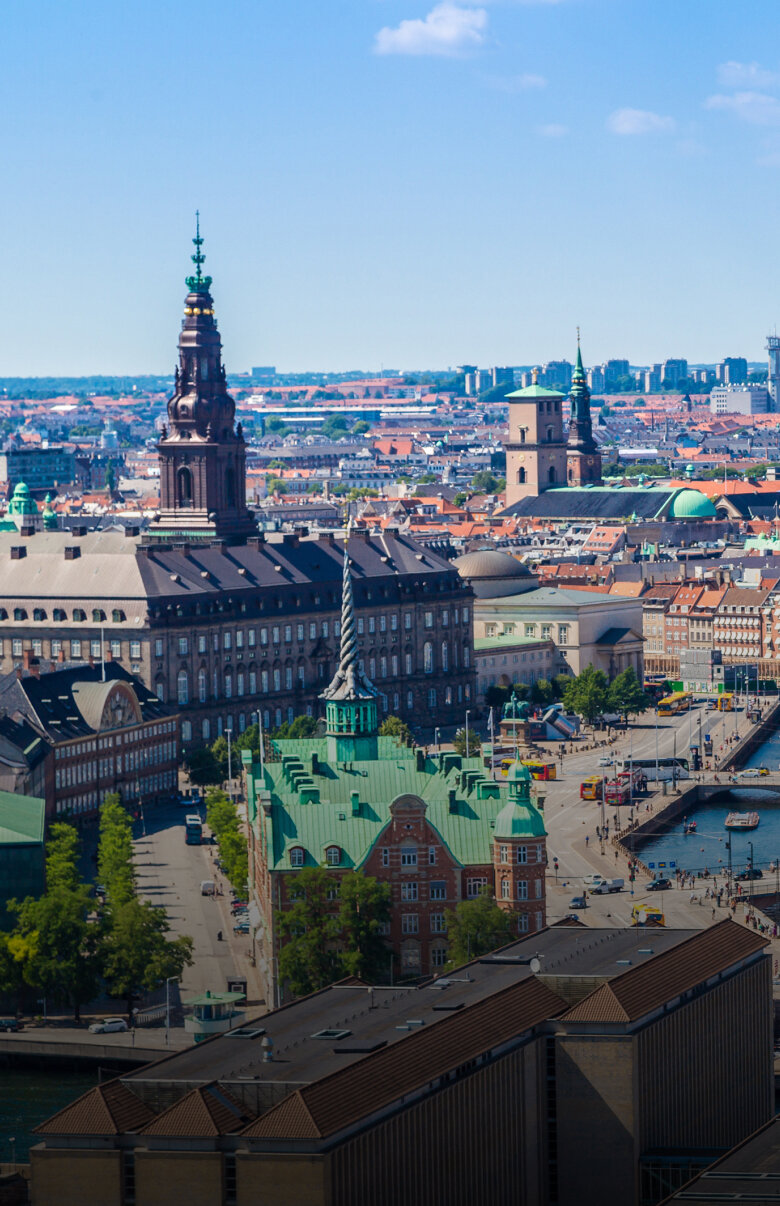Universities
Studying medicine in Belgium
Belgium is not only known for its beautiful cities and delicious waffles, but also as an attractive destination for studying medicine abroad. Especially for those who do not have a perfect A-level average, it is worth taking a look at the medical universities in our beautiful neighbouring country.
Are you interested in studying medicine in Belgium?
We would be happy to advise you free of charge about your options for studying medicine in Belgium.
The advantages of studying medicine in Belgium
If you speak French and/or Dutch, or at least have an affinity for the language and would like to learn it, then you can fulfil your dream of studying medicine in our neighbouring country. Three decisive factors that speak in favour of studying medicine in Belgium:
NC-free study programme in Belgium
In Germany, you can almost write off a medical degree programme if your A-level average is not excellent. This is not the case in Belgium! Here you can take a selection test to qualify for a place on a medical degree programme and study abroad.
Studying medicine in Belgium: High quality education
Belgian universities and colleges are highly regarded throughout Europe. The university education of the students is of very high quality and at the cutting edge of medical research.
Low tuition fees
Belgium's public universities do not charge tuition fees for a place at university, not even for foreign students. Only semester fees are charged, but these are very low compared to other European countries and the waiting time is short.
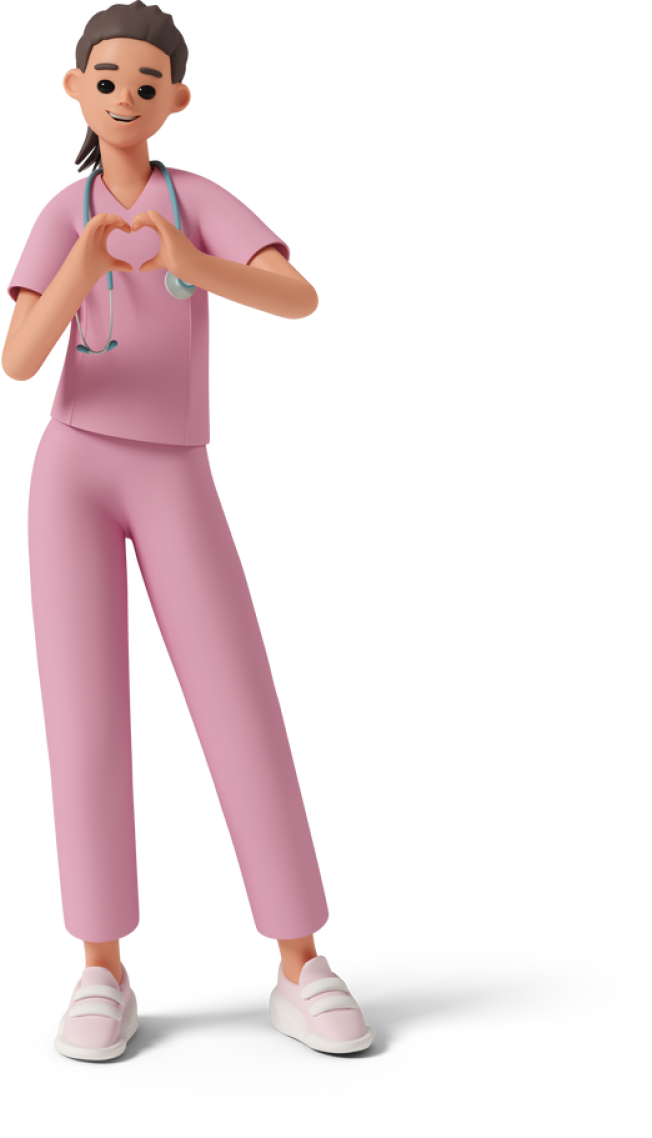
Together for success - futuredoctor and studying medicine abroad
Do you want to study medicine abroad and are looking for the most suitable university for you and don't really know where to start looking for the right country and a good university? futuredoctor is happy to support you!
Besides the Student advisory service In addition to selecting the university and accompanying you to the desired on-site appointments, futuredoctor also offers support during the application process and preparation for possible aptitude tests, as well as orientation at the place of study - including the search for accommodation! Get your application quickly and easily free info pack!
At which universities can you study medicine in Belgium?
The Belgian medical universities offer medical studies in French or Dutch for the winter semester. Here you can find some information about the most popular medical universities:
Katholieke Universiteit Leuven (KU Leuven)
At the Katholieke University in Leuven, the Bachelor's and Master's degree programmes in Medicine are offered in Dutch. Here, particular emphasis is placed on ensuring that students build up a solid theoretical foundation but can also put their knowledge into practice. This initially takes place in small course groups and is then continued in co-operating teaching hospitals.
The medieval city of Leuven is located around 25 kilometres east of Brussels and offers a lively student scene thanks to its numerous bars, restaurants and cafés.
University of Antwerp, Belgium
The medical degree programme at the University of Antwerp is offered in Dutch. Parts of the programme are also taught in English. The medical faculty is particularly characterised by its highly qualified teaching staff. The professors often work in hospitals themselves or have their own practices. Teaching takes place in modern lecture theatres on the green campus in the Flanders region.
Vrije Universiteit Brussel (Université Libre de Bruxelles Faculté de Médecine)
At the Université Libre de Bruxelles, the human medicine programme is offered in French. One of the special features is the practice-orientated training. Numerous laboratories and cooperating hospitals are available to students for this purpose.
Socialising is very important on the medical campus. With numerous green spaces, meeting places, sports facilities, a student house and a modern library, you have the opportunity to quickly connect with your fellow students.
Université de Liège Faculté de Médecine, Liège (Belgium)
The University of Liège offers a 3-year Bachelor's degree programme in Medicine. The language of instruction is French. Well-trained teaching staff will teach you the basics of medicine in modern teaching facilities.
The university also offers a wide range of cultural, sports and leisure activities. Whether climbing, rowing, dancing or ball sports - there are numerous opportunities to burn off energy and socialise after lectures.
What are the requirements for studying medicine in Belgium?
The admission requirements differ slightly between the individual universities, especially between French and Dutch-speaking universities. However, all universities require a high school diploma and grades play a subordinate role.
If you only have a vocational baccalaureate, you don't have to give up your dream: In some countries, you can Study medicine with a vocational baccalaureate.
For admission to a medical university that teaches in Dutch, you must take an entrance exam. This is also known as the "toelatingexamen arts and tandarts" and takes place twice a year. The content of the test consists of around 120 questions in Dutch relating to the natural sciences and general knowledge. Logical skills are also tested with an IQ test and interpersonal skills with a psychological assessment.
At French-speaking universities, very good French language skills are required for the Medicine degree programme. You should be able to prove this for your degree programme by means of a language certificate. These include, for example, DELF, DALF or the TCF.
How is the medical degree programme in Belgium structured?
How long does it take to study medicine in Belgium? The medical degree programme in Belgium is divided into a Bachelor's and a Master's degree programme. It therefore differs slightly from the structure in Germany. As a rule, the degree programme lasts six years. In Germany this would be 12 semesters, but in Belgium one academic year is divided into 3 quadrimestres. Normally, the first quadrimestre begins in mid-September, while the second quadrimestre lasts from February to the end of June. The third quadrimestre corresponds to the German semester break and runs from July to mid-September.
During your Bachelor's degree programme, you will be introduced to the structure and function of the body. This part of the degree programme is dominated by scientific subjects such as biochemistry and physics.
The subsequent Master's programme consists of modules that cover the individual specialist areas of medicine. These include, for example, surgery, orthopaedics, gynaecology and anaesthesia. You will learn how to recognise and treat the various diseases in these areas. Parallel to the lectures, there are always practical exercises and bedside tests. After each module, there are several final module examinations to test your knowledge.
The third year of the Master's programme is the "stagejaar", comparable to the practical year in Germany. During this year, you support the medical team on various hospital wards or in doctors' surgeries to gain important practical skills that you cannot learn on the degree programmes.
At the end of your degree programme, you must write a Master's thesis in an area of your choice. The final grade of your degree will determine the subject area in which you can subsequently complete your specialisation.
However, this should not restrict your plans too much, as you can also do your specialist training in Germany. Medical studies in Belgium are recognised both in Germany and in other EU countries.
How much does it cost to study medicine in Belgium?
To give you your Financing medical studies abroad In order to be able to make this decision, it is necessary to carefully consider the costs involved. The costs of studying medicine are relatively favourable compared to other European countries. Universities only charge semester fees of between 400 and 800 euros. You should allow 40 euros for the entrance test.
The cost of living in Belgium varies according to lifestyle and place of residence, but is generally comparable to the costs in Germany. This means that you can budget between 500 and 800 euros for monthly rent and just under 200 to 300 euros for food. Other expenses include leisure activities, transport and study materials, so you should expect to spend between 800 and 1,500 euros. Financing options would be, for example, a student job or a Scholarship for studying medicine abroad.
Country and people: What you didn't know about Belgium
Medieval Belgium: Belgium's historic cities are among the best preserved in Europe. Cities such as Bruges and Ghent are also known as "living museums" and their beautiful architecture attracts countless tourists every year.
Capital of the EUBelgium is a founding member of the EU and also serves as its headquarters. Brussels is home to all the important institutions of the European Union, such as the seat of the European Parliament and the European Court of Justice.
Small country with many languagesAlthough Belgium is a comparatively small country, it has three different language communities. The official languages in Belgium are Dutch, French and German. The languages are distributed regionally, with Dutch being spoken mainly in the north (Flanders), French in the south (Wallonia) and German in the east (East Belgium). Many of Belgium's inhabitants are therefore multilingual.
What should I bear in mind when applying to study medicine in Belgium?
Medical studies in Belgium usually start in the winter semester. You should therefore start preparing your documents in good time. In addition to your school-leaving certificate, this includes a language certificate or the result of your entrance test, for example. You then submit these documents within the Application deadlines to your chosen Belgian university. futuredoctor will be happy to support you in this process.
Are you ready to realise your dream of studying medicine in Belgium? Contact us today and start your journey with futuredoctor. We look forward to accompanying you on your journey and working with you to realise your dream of a career in medicine.
Do you live in the west of Germany and don't want to commute long distances? Then take a look at the following neighbouring countries: Medical studies France, Medical studies Netherlands, Medical studies Luxembourg.
Starting shot
What are you waiting for? 🎉
Order your information package now, find out about studying medicine abroad and get started as a medical student!
Frequently asked questions
FAQs about studying medicine in Belgium
What are the advantages of studying medicine in Belgium?
The advantages include an NC-free degree programme, high-quality education at renowned universities and low tuition fees.
Which universities in Belgium offer a medical degree programme?
Well-known universities include the Katholieke Universiteit Leuven, Universiteit Antwerpen, Vrije Universiteit Brussel and Université de Liège.
What requirements do I have to fulfil to study medicine in Belgium?
A high school diploma is required, although grades are less important. Language skills in French or Dutch as well as passing entrance examinations are also necessary.
How is the medical degree programme structured in Belgium?
The course is divided into a six-year Bachelor's and Master's programme, with a combination of theoretical teaching and practical experience.
How much does it cost to study medicine in Belgium?
Tuition fees are between 400 and 800 euros per semester, plus living costs and other expenses.
How do I apply to study medicine in Belgium?
Applications must be submitted with a school-leaving certificate, language certificate and results of the entrance test within the deadlines set by the respective university.
Is studying medicine in Belgium internationally recognised?
Yes, the Belgian medical degree is recognised in Germany and other EU countries.
Can I start my medical studies in Belgium with a specialised baccalaureate?
Yes, in some cases it is possible to study medicine with a vocational baccalaureate, but the exact conditions vary depending on the university.
What language skills do I need for the degree programme?
A good knowledge of French or Dutch is required, depending on the language of instruction at the respective university. A language certificate can serve as proof.
30 countries for your medical studies
The Netherlands
Groningen, Maastricht, Amsterdam, Leiden, Utrecht, Rotterdam
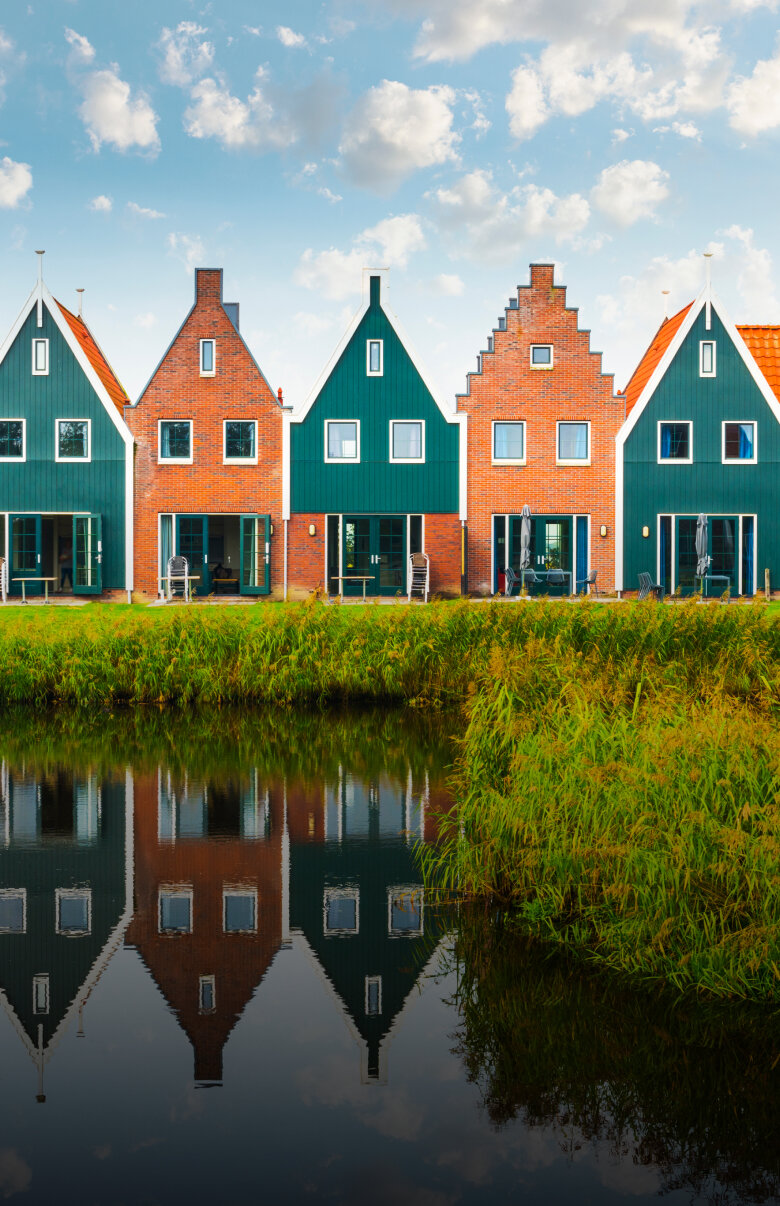
Switzerland
Basel, Fribourg, Berne, Geneva, Zurich, Neuchâtel, Lausanne

